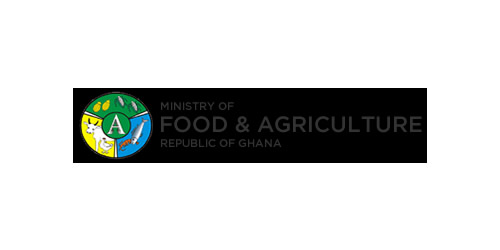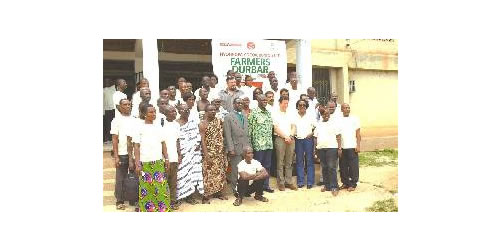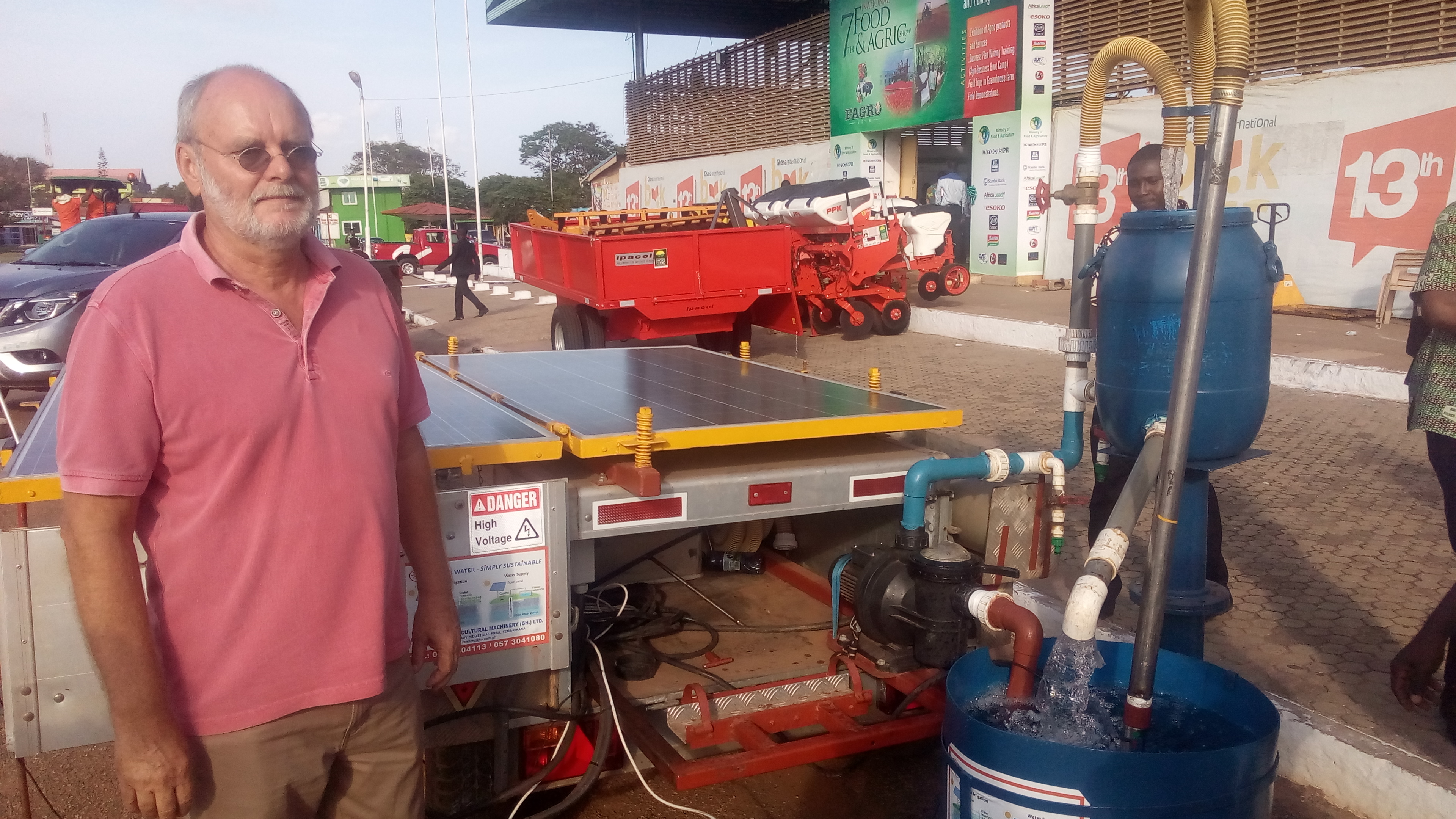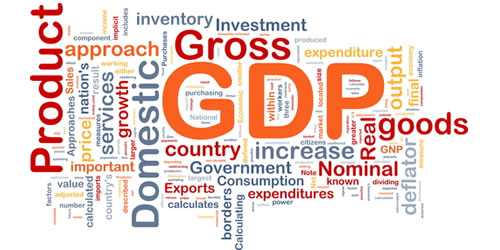IFAD Hails Ghana as Farming Success Story
GHANA has in the past 35 years received $782,7 million International Fund for Agricultural Development (IFAD) to boost farming, President John Dramani Mahama disclosed here in Rome, Italy.
The funds, making Ghana the third largest IFAD country programme in West and Central Africa regions, have supported 17 projects and programmes.
The disclosure coincides with Ghana is currently undertaking the approval process for a $36 million Ghana Agricultural Sector Improvement Program (GASIP), which will strengthen the agricultural value chains in the country.
The country is working on the establishment of a Ghana Commodities Exchange to facilitate a warehouse receipts system for cereals and improve quality of products.
To encourage the youth to take up agriculture, the Youth in Agriculture Programme has been institutionalized in 2013 to bring out the nexus/connection between agriculture development and Ghana’s ability to achieve its food and nutrition security goals are inextricably linked.
The Ministry of Food and Agriculture seeks to encourage their participation in the agricultural sector.
According to government this effort seeks to change the negative perception the youth have of participation in agriculture, that farmers as uneducated, unskilled, physical labourers with extremely low economic return.
In a related development, Kanayo Nwanze, president of IFAD congratulated Ghana “for showing leadership by ensuring that Africa has been part of the success story.”
He said Ghana in 2014, exported 42 000 tonnes of vegetables to the rest of the world doubling its export margins the previous year.
“This shows good news for smallholder farmers,” he said.
Meanwhile, Mahama has called for more programmes aimed at benefiting mostly poor rural farmers.
Speaking at the opening of the 38th IFAD Annual Governing council meeting, Mahama reiterated the need to support small holder farmers technically.
This he said could be done through capacity building, extension of knowledge, finance and linkages with domestic, regional and international markets, provision of affordable or soft micro finance and the provision of appropriate preservation equipment.
Source: allAfrica.com





